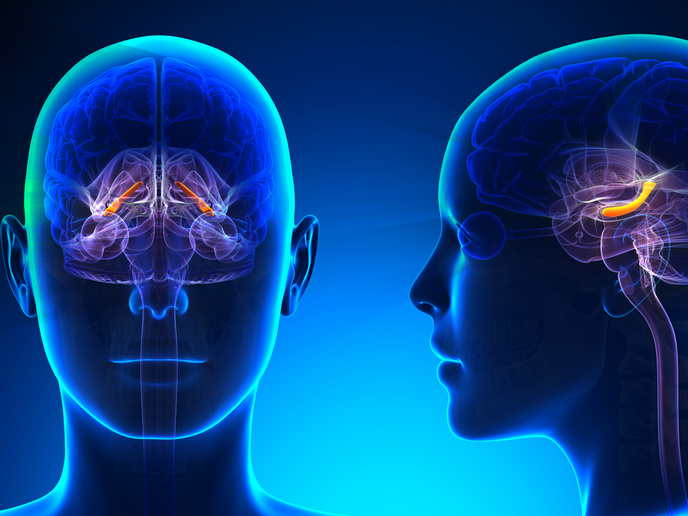Cell therapy for spinal cord injury
Regenerative therapy is emerging as a promising approach for treating injuries. Such therapeutic approaches entail the administration of tissue-specific stem cells from various sources to differentiate and provide tissue recovery. Scientists on the EU-funded 'Human iPS cell therapy for spinal cord injury' (HUMAN IPS IN SCI) project evaluated the regenerative potential of neural stem cells following SCI. They evaluated a number of parameters including spinal cord cell death and survival, immune response, host inflammation as well as sensory-motor function. Foetal neural progenitor cells exhibited a capacity to modulate human peripheral leukocytes and activated microglia, limiting the inflammatory potential of microglia. Researchers observed a similar effect in organ cultures of injured spinal cord with significant cell death and increased microglial activity in the absence of therapy. The administration of neural progenitor cells offered neuroprotection and reduced inflammation. When given in vivo, these neural progenitor cells enhanced the survival of host neurons and animals with SCI showed an overall functional improvement. Project members additionally considered the use of induced pluripotent stem cells as a source of neural cells. Further experimentation with these cells is required to address their modulating and therapeutic properties in SCI. Taken together, the findings of the HUMAN IPS IN SCI study demonstrate that neural progenitor cells have regenerative and neuroprotective properties. In the long term this approach could be extended for the therapy of other nervous system lesions and neurodegenerative disorders.







